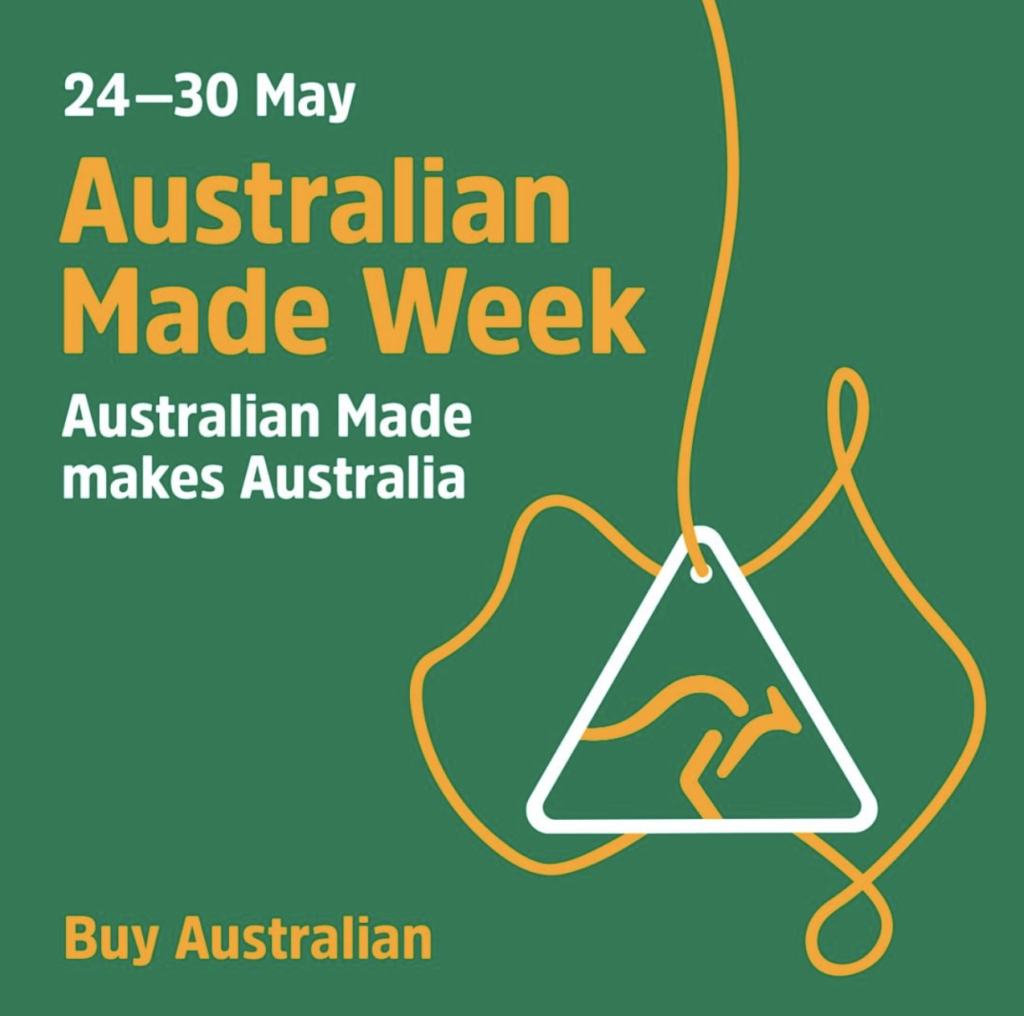Australians want to buy Australian-made goods. It’s good for jobs, and it’s good for the economy.
For many of us, job losses and disruptions to global supply chains in 2020 drove home the importance of a strong, local manufacturing sector. In May this year, 93 per cent of Australian shoppers surveyed by market research firm Roy Morgan said they were more likely to buy locally made products, than products made overseas.
The wider benefits of buying local are also clear. According to new research released as part of Australian Made Week, households spending $10 a week more on Australian-made products would generate $5 billion in the economy over 12 months and create 11,000 new jobs.
But for many Australian households, $10 a week is a lot to ask. For some, it’s too much, under a Federal Government that’s committed to wage suppression and won’t invest in bringing manufacturing back on shore.
Australia is about to enter its second decade of record-setting wage stagnation. We also have one of the highest levels of household debt in the OECD. And this is before you take into account the continuing threat of the pandemic – a threat that’s been made very clear this week as Melbourne entered another lockdown.

The Federal Government knows the importance of consumer spending. It’s so important, the recent Federal Budget based its heroic projections for GDP growth on increasing spending. Yet the Budget offered no answer to the problem it posed itself: how to get Australia to spend its way out of economic strife?
Australian Unions have some answers. The ACTU is currently arguing for a 3.5 per cent increase to the minimum wage, which covers 25 per cent of the workforce, at the Fair Work Commission’s annual review. Big employer groups – which made huge profits during the pandemic – are arguing for a paltry 1.1 per cent increase, and the Morrison Government backs them to the hilt.
“It doesn’t come as a surprise to workers that a Government which has overseen a record-setting stretch of low wage growth now has an economic plan which does nothing to increase wages,” ACTU Secretary Sally McManus said this week.
“We are nearing a decade of record low wage growth. A pay increase for wage earners is in the national interest. We need the Morrison Government to put ideology aside and support a wage rise which will strengthen the economy and secure the recovery.”
The Government isn’t doing much to support Australian manufacturing, either. Behind big announcements and the mirage of a ‘gas-led recovery’, its plans for manufacturing pale in comparison to what’s being offered by others. Last year, Australian Unions proposed a Sustainable Manufacturing Strategy that would have created 100,000 new manufacturing jobs, as part of $12 billion in proposed spending over three years. In April 2021, Labor pledged a $15 billion national reconstruction fund if it wins the next Federal Election, bringing manufacturing back on shore and investing in renewable energy, medical science and agriculture. Big, targeted investment like this is necessary to restore the manufacturing capacity Australia has lost over four decades.
Morrison’s ‘vaccine strollout’– as McManus christened it last week – has exposed the risks of an industrial policy that depends too heavily on imports. Australia currently only has capability for local vaccine manufacturing through CSL, which was hard-pressed to make up shortfalls of the AstraZeneca vaccine when supplies from Europe were delayed earlier this year. While we wait for Scott Morrison’s promised 20 million Pfizer doses to arrive on our shores, governments are at last looking to set up facilities capable of producing vaccines and medicines using mRNA technology. But, as experts speaking to the ABC have explained, that will take big investment and careful planning.
Neither of these is in the Federal Government’s toolkit for recovery. Australians want to buy Australian, and they want local manufacturing to thrive – they won’t get either under the Morrison Government.






SHARE:
Why Australian made matters